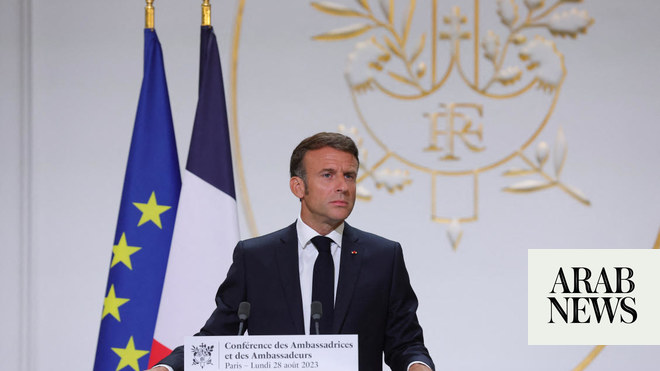
Russia and Israel are trying to pressure Iran to withdraw from Syria, however, Tehran seems determined to reap the profits of what it invested in blood and money. But Iranian officials and other experts believe their country has invested too much blood and money, around $30 billion to date, despite of Israeli airstrikes, or even Moscow’s pressure, according to a lengthy report published by Foreign Policy.
Having already made such a massive investment, Iran is determined to reap the potential long-term strategic rewards Syria has to offer, even if it comes at the expense of more lives and money in the short term.
Meanwhile, an editor of a leading Tehran news outlet, who spoke to Foreign Policy on condition of anonymity indicated his belief that Iran is not willing to abandon its presence in Syria.
“It gives Iran good leverage against Israel. The ground is very important, and Iran is very skillful at managing the ground, the one area where even Russians are weak. The one who has control of the ground doesn’t take seriously those who don’t," added the editor.
Initially, Iran and its Lebanese ally, “Hezbollah”, intervened in Syria to defend a regime that had long been its loyal ally. Over the last seven years, Iranian investment in Syria has escalated to billions of dollars in military and economic pursuits, sometimes both.
Iran recruited and trained militants from across the Middle East and South Asia, deployed them to Syria and provided for the families of those killed.
According to calculations by Mansour Farhang, a United States-based scholar and former Iranian diplomat, Iran has spent at least $30 billion on Syria in military and economic aid.
Nadim Shehadi, a Middle East scholar at Tufts University’s Fletcher School of Law and Diplomacy, estimated the numbers are even higher, at $15 billion a year and some $105 billion in total. Either figure would be politically controversial at a moment when Iranians at home are demanding accountability and fiscal prudence.
Currently, Iranian forces operate out of 11 bases around the country, as well as nine military bases for Iranian-backed Shiite militias in southern Aleppo, Homs and Deir Ezzor provinces, as well as about 15 “Hezbollah” bases and observation points mostly along the Lebanese border and in Aleppo, according to Nawar Oliver, a military researcher at the Omran Center for Strategic Studies, a think tank in Istanbul.
But Iran’s involvement in Syria goes beyond a conventional military presence, and it has already begun to plant there the seeds of its unique financial and ideological institutions.
Iran-backed Jihad al-Binaa, along with about a dozen other Iran-linked organizations, is already working on large projects to rebuild schools, roads and other infrastructure in Aleppo and other towns, as well as providing aid for the families of slain Iran-backed Syrian militiamen.
Jihad al-Binaa is an Islamic charitable foundation that financed and organized the reconstruction of southern Beirut after the 2006 summer war with Israel.
In recent months, Iranian companies won deals in Syria that include providing tractors, mining phosphate, repairing electricity networks and refining sugar.
Iran appears to be exporting at least $150 million a year to Syria, based on estimates provided by Iranian officials. Tehran has also loaned at least $4.5 billion to the Damascus regime since 2013.
Iran and its Syrian and Iraqi allies also control much of the Iraq-Syria border, the transit area for construction materials and energy imports, giving Tehran a key say in much of future of the country, and a way for Iran to recoup its extraordinary investment.
"They control the road in the Syrian desert and control a crucial pipeline," Oliver said, adding: "In a way, no one can do a project without Iran being in the loop."
“Only a full military defeat of the Syrian regime would force Iran to leave Syria,” said the analyst, who spoke on condition of anonymity.
Shehadi believes the Iranians will not withdraw.
"They may withdraw tactically with pressure from the Russians, just to calm things down. But they are there for largely strategic regional purposes," he concluded.












